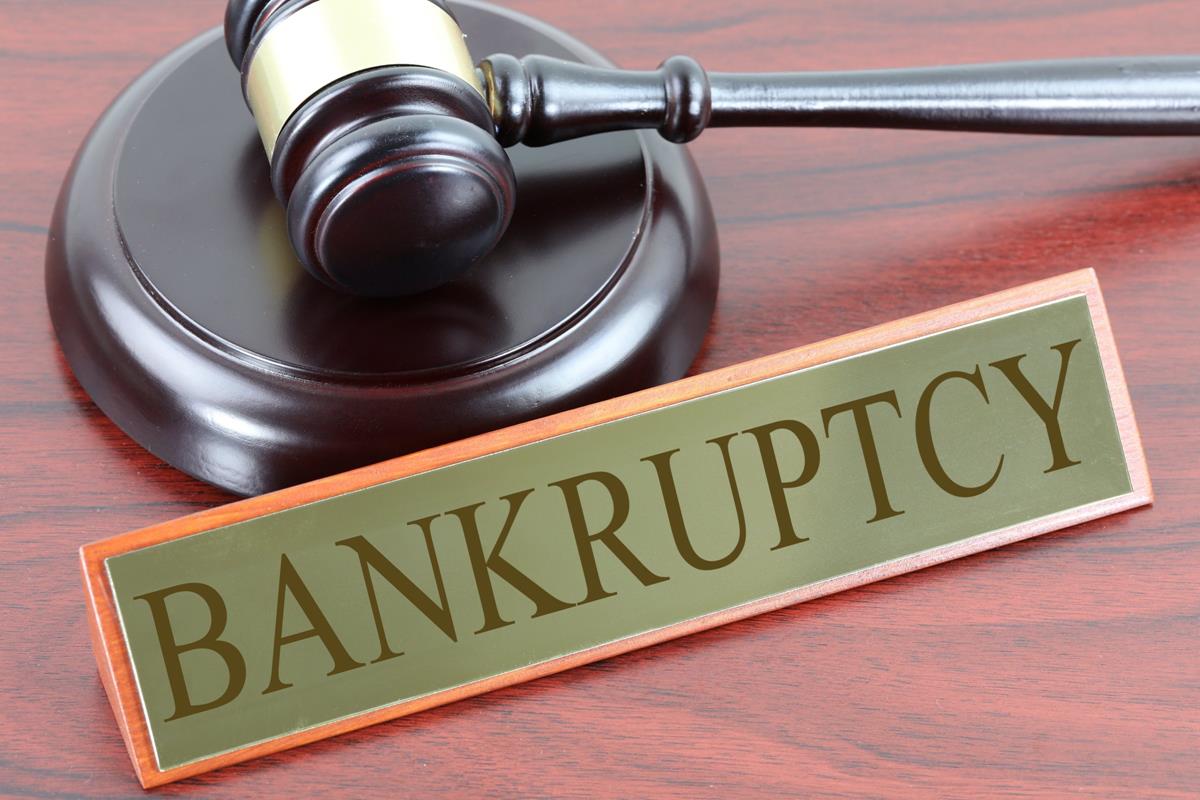Mar 27., 2025 / Business
Find The Bankruptcy Lawyer For Your Case Today
Filing for bankruptcy is a significant decision that can impact your financial future. Whether you are an individual or a business, navigating the legal complexities of bankruptcy requires careful planning and guidance. A bankruptcy lawyer can help you understand the legal process, evaluate your financial situation, and determine the course of action to regain financial stability. Understanding Texas Bankruptcy Exemptions can help protect your assets while navigating the bankruptcy process.
Different Types of Bankruptcy
Before hiring a lawyer, it is crucial to understand the different types of bankruptcy:
- Chapter 7 Bankruptcy – Also known as liquidation bankruptcy, this involves selling non-exempt assets to repay creditors. It is suitable for individuals and businesses with overwhelming debt and little to no disposable income.
- Chapter 13 Bankruptcy – This option allows individuals to reorganize their debt into a manageable repayment plan that lasts three to five years. It is ideal for those with a stable income who want to avoid losing their assets.
- Chapter 11 Bankruptcy – Commonly used by businesses, Chapter 11 helps companies restructure their debt while continuing operations.
- Chapter 12 Bankruptcy – Designed specifically for family farmers and fishermen, this type of bankruptcy allows for debt restructuring similar to Chapter 13 but with additional benefits for those in agriculture and fishing industries.
Understanding which type of bankruptcy applies to your case will help you find the right lawyer who proficient in that area.

How to Find the Right Bankruptcy Lawyer
Choosing the right bankruptcy lawyer is essential for ensuring a smooth legal process. Here are some steps to help you make an informed decision:
1. Research and Gather a List of Potential Lawyers
Start by conducting research online and asking for recommendations from friends, family, or colleagues who have gone through a similar process. Websites such as the American Bar Association (ABA) and the National Association of Consumer Bankruptcy Attorneys (NACBA) provide directories of qualified bankruptcy lawyers.
2. Check Their Experience
Not all lawyers proficient in bankruptcy cases. Look for attorneys who focus primarily on bankruptcy law and have a history of handling cases similar to yours. You can check their websites, reviews, and testimonials to get an idea of their guidance.
3. Read Client Reviews and Testimonials
Online reviews on platforms like Google, Avvo, and Yelp can provide valuable insights into a lawyer’s reputation. Pay attention to feedback about their communication skills, responsiveness, and success in handling bankruptcy cases.
4. Verify Their Credentials and Licensing
Ensure that the lawyer is licensed to practice in your state and is in good standing with the state bar association. You can verify their credentials through official state bar websites.
5. Schedule Consultations
Many bankruptcy lawyers offer free initial consultations. Use this opportunity to ask about:
- Their experience with cases similar to yours
- Their approach to handling bankruptcy proceedings
- The expected timeline for your case
- The total cost of their services, including hidden fees
- Communication methods and how often they will update you
Austin Bankruptcy Lawyers
3800 North Lamar Blvd Suite 200
Austin, TX 78756
(737) 338-3779
Questions to Ask During Your Consultation
During your consultation, asking the right questions can help you determine whether a lawyer is a good fit for your case. Consider asking:
- What types of bankruptcy cases do you handle most frequently?
- How many bankruptcy cases have you handled in the past year?
- What are my options for debt relief?
- Will you handle my case personally, or will it be assigned to another attorney?
- What challenges do you foresee in my case?
- What documents will I need to prepare?
- How long do you expect my case to take?
- What are your fees, and what is included in the total cost?
- Do you offer payment plans?
- How often will you update me about my case?
Understanding the Costs of Hiring a Bankruptcy Lawyer
Legal fees for bankruptcy lawyers vary based on the complexity of the case and the lawyer’s experience. Some factors that affect pricing include:
- Type of bankruptcy filing: Chapter 7 cases typically cost less than Chapter 13 due to the complexity of repayment plans.
- Geographic location: Lawyers in metropolitan areas may charge more than those in smaller towns.
- Lawyer’s reputation and experience: Well-established lawyers may charge higher fees.
- Court and filing fees: In addition to lawyer fees, you will need to pay for court filing fees and other legal expenses.
To manage costs, some lawyers offer payment plans or flexible payment options. Discuss payment terms before signing any agreements.
Avoiding Common Mistakes When Hiring a Bankruptcy Lawyer
To ensure you hire the right attorney, avoid these common mistakes:
1. Choosing Based on Price Alone
While affordability is essential, selecting a lawyer solely because they offer the lowest fee may not yield the results. Instead, focus on experience and track record.
2. Not Checking Their Reputation
Some lawyers may promise quick resolutions but fail to deliver. Research reviews and ask for references before making a decision.
3. Failing to Ask About Hidden Fees
Ensure you understand the full cost of legal services. Some lawyers may have additional fees for document preparation, court appearances, or follow-up consultations.
4. Ignoring Communication Style
A good bankruptcy lawyer should be accessible, responsive, and willing to explain the legal process in simple terms. If a lawyer is difficult to reach before hiring, they may not be responsive during your case.
5. Not Understanding Their Approach
Some lawyers handle cases aggressively, while others take a more strategic approach. Ensure their methods align with your needs and comfort level.
Preparing for Your Bankruptcy Case
Once you’ve hired a lawyer, prepare for the process by gathering necessary documents, including:
- Income statements (pay stubs, tax returns)
- A list of assets and debts
- Recent bank statements
- Loan and credit card statements
- Any legal notices from creditors
Your lawyer will guide you through the filing process, ensuring all required paperwork is submitted correctly and on time.
Conclusion
Finding the right bankruptcy lawyer is crucial for successfully navigating the legal process and achieving financial relief. By conducting thorough research, asking the right questions, and avoiding common mistakes, you can choose a lawyer who will provide the guidance and support you need. Take the first step today and find a qualified bankruptcy lawyer to help you regain financial stability.












LEAVE A REPLY